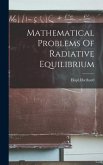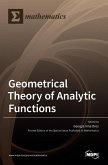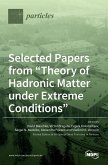Fixed point theory arose from the Banach contraction principle and has been studied for a long time. Its application mostly relies on the existence of solutions to mathematical problems that are formulated from economics and engineering. After the existence of solutions is guaranteed, the numerical methodology will be established to obtain the approximated solution. Fixed points of function depend heavily on the considered spaces that are defined using the intuitive axioms. In particular, variant metrics spaces are proposed, like a partial metric space, b-metric space, fuzzy metric space and probabilistic metric space, etc. Different spaces will result in different types of fixed point theorems. In other words, there are a lot of different types of fixed point theorems in the literature. Therefore, this Special Issue welcomes survey articles. Articles that unify the different types of fixed point theorems are also very welcome. The topics of this Special Issue include the following: Fixed point theorems in metric space Fixed point theorems in fuzzy metric space Fixed point theorems in probabilistic metric space Fixed point theorems of set-valued functions in various spaces The existence of solutions in game theory The existence of solutions for equilibrium problems The existence of solutions of differential equations The existence of solutions of integral equations Numerical methods for obtaining the approximated fixed points
Hinweis: Dieser Artikel kann nur an eine deutsche Lieferadresse ausgeliefert werden.
Hinweis: Dieser Artikel kann nur an eine deutsche Lieferadresse ausgeliefert werden.








